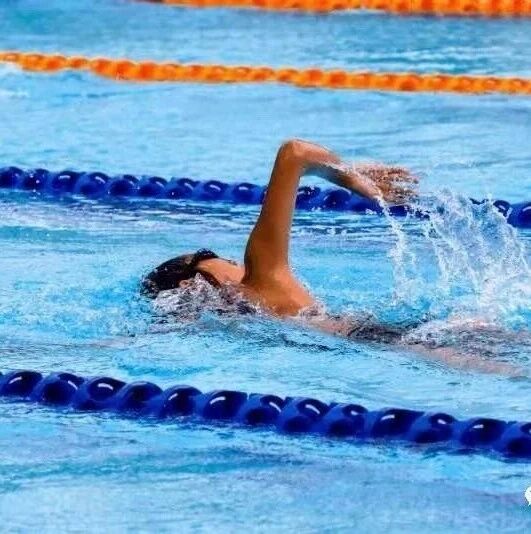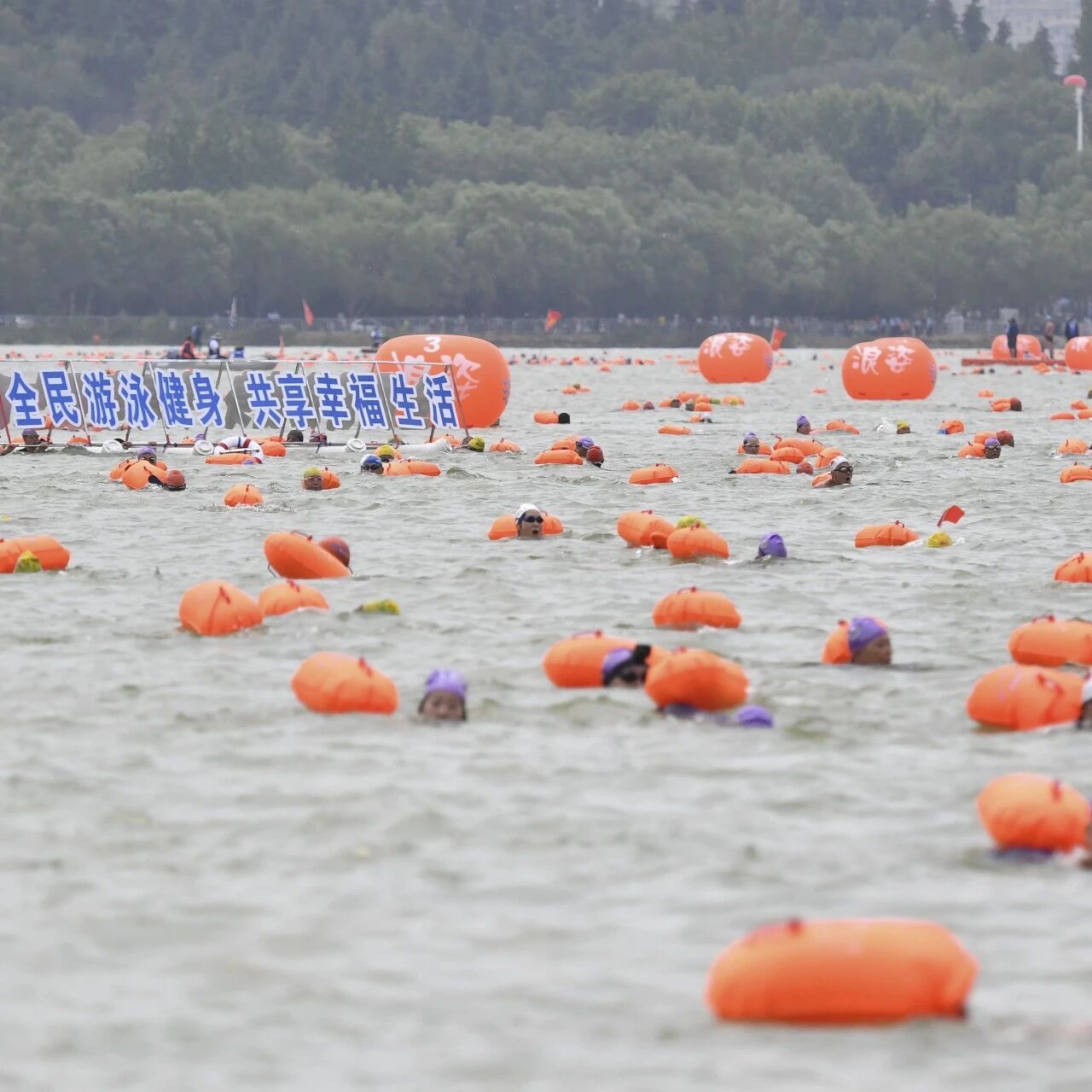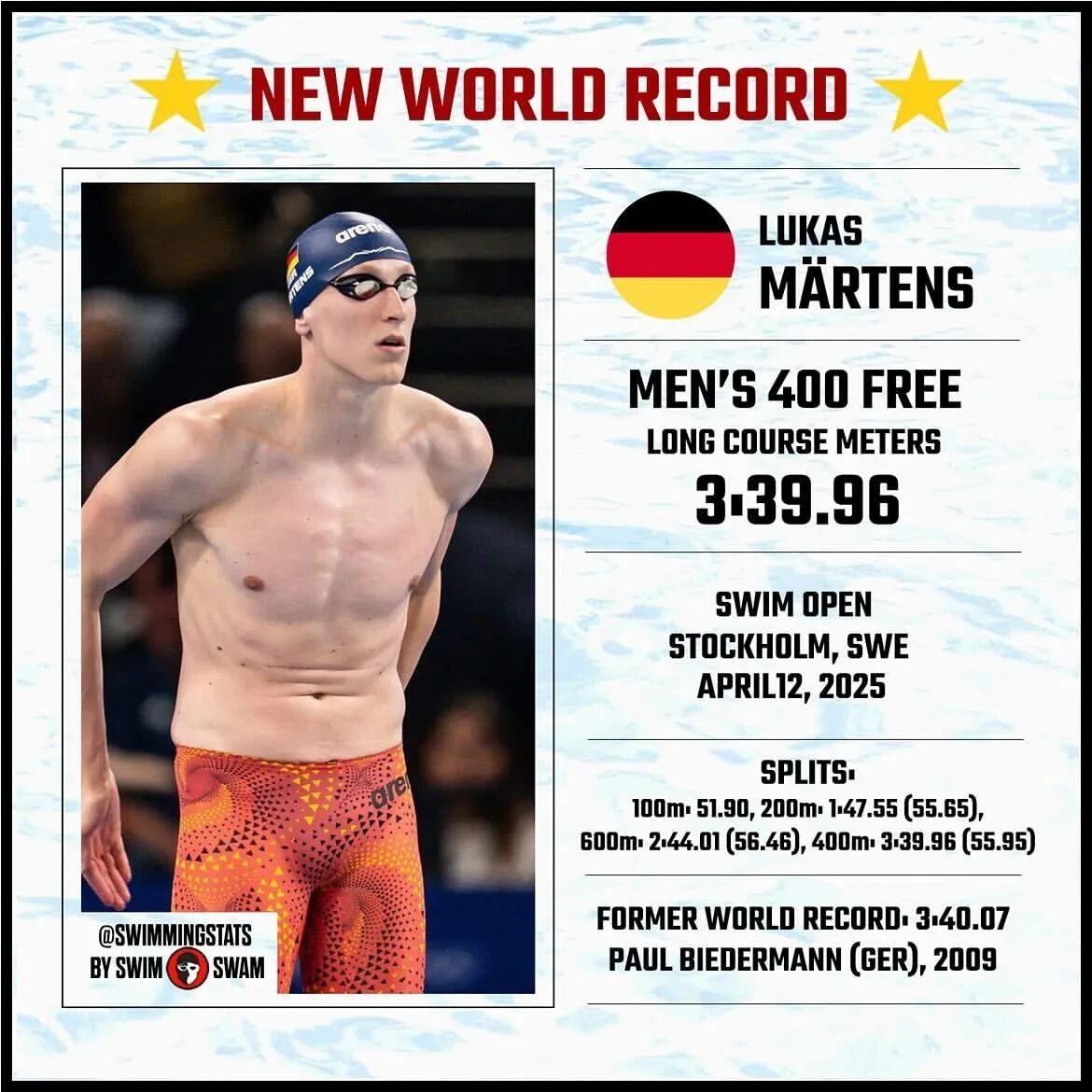With persistence, even short-term swimming can bring noticeable benefits.

The reason many people can’t stick with swimming is simply that they don’t have enough time—or not enough time at all. Lugging your gear to the pool, changing into swimwear, and showering before and after a swim session definitely takes up a significant amount of time.
Actually, you don’t need much practice time—just maintain a regular schedule of visiting the pool, swimming for at least 20 or 30 minutes each time, and you’ll start seeing results.
Several training plans of varying lengths
15–20 minutes (500 meters)
30–40 minutes (1,500 meters)
More than 40 minutes (2,000 meters)
Is short-term practice effective? Absolutely—brief sessions of exercise are beneficial for both health and maintaining your ability to stay afloat in the water.
Even swimming just a few hundred meters can help maintain your water awareness, which in turn supports the improvement of both your fitness and technique later on.
Short-term practice has these benefits.
Improve heart health
Everyone knows that swimming is great for the heart. Exercising for more than 4 minutes can effectively boost cardiovascular health. It’s easy to sit back, but much harder to get moving. Make a conscious effort to build an exercise habit—and over time, you’ll start reaping the benefits.
Enhance your water sense
Generally speaking, the more frequently you swim, the better your feel for the water becomes. By maintaining a consistent swimming routine, your connection with the water will gradually improve.
You don’t need to spend hours swimming—instead, in the limited time you have, focus on feeling your movements in the water and the sensation of water flowing gently through your fingertips.
Relax and unwind
If you can carve out time amidst your busy work life to take a refreshing swim, it’s an effective way to relax, rejuvenate, and recharge your energy. You don’t need much—just ten minutes is enough to feel the soothing embrace of the water and temporarily let go of stress.
Compared to giving up exercise altogether, short bursts of physical activity are undoubtedly a better choice. In today’s busy lives, making an effort to carve out time and create opportunities for even brief workouts can still lead to meaningful progress.
Of course, this requires setting goals and planning correctly. Short-term training—whether in terms of technique or physical fitness—may not lead to noticeable improvements, so it’s important to set realistic expectations for yourself. At the same time, you need to carefully manage the intensity to avoid causing unnecessary strain or injury to your body.
Related Articles

Notice on Forwarding Information About the 2025 China · Sanmenxia Mother River Crossing Event

The Singapore World Swimming Championships conclude: China's swimming team wins 14 medals, finishing 6th on the medal table.
